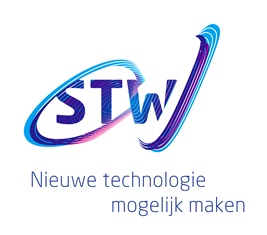ITALIA
Integrating Testing And
Learning of
Interface Automata
STW project 11763
Research Summary
The ITALIA project deals with the design of algorithms that will allow computers to learn complex state diagrams by providing inputs and observing outputs. The state diagrams that can be learned by current techniques have at most 30.000 states. In contrast, the state diagrams that govern the behavior of computing based systems (defined using dozens of state variables) typically have more than 101000 states. The research objective of ITALIA is to construct a tool set that will allow us to learn - routinely and fully automatically - state diagrams with up to 40 state variables. The ITALIA project will focus on the utilisation of model inference technology within the area of testing: once we have learned a model of a software component, we will use model checking technology to analyze this model (e.g. to detect security vulnerabilities) and the technology of model based testing to automatically infer test suites. Using these test suites we can then check, for instance, (a) whether no new faults have been introduced in a modified version of the component (regression testing), (b) whether an alternative implementation by some other vendor agrees with a reference implementation, or (c) whether some new implementation of legacy software is correct.Project Leader
Prof.dr. F.W. VaandragerInstitute for Computing and Information Sciences
Mailbox 47, Faculty of Science
Radboud University Nijmegen
Heijendaalseweg 135, Huygens Building, room 02.622
6525 AJ Nijmegen
The Netherlands
Project Status
Starting date: 01-01-2012Ending date: 31-12-2015

